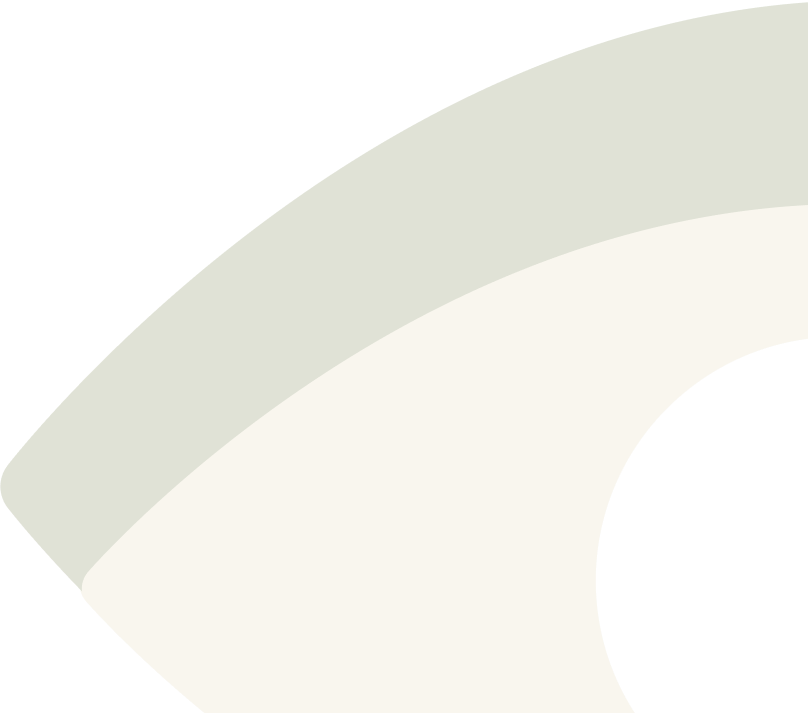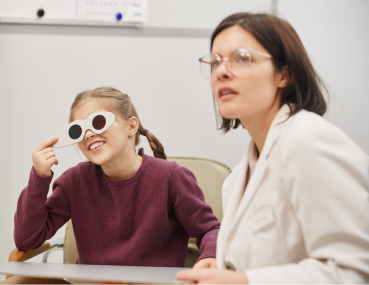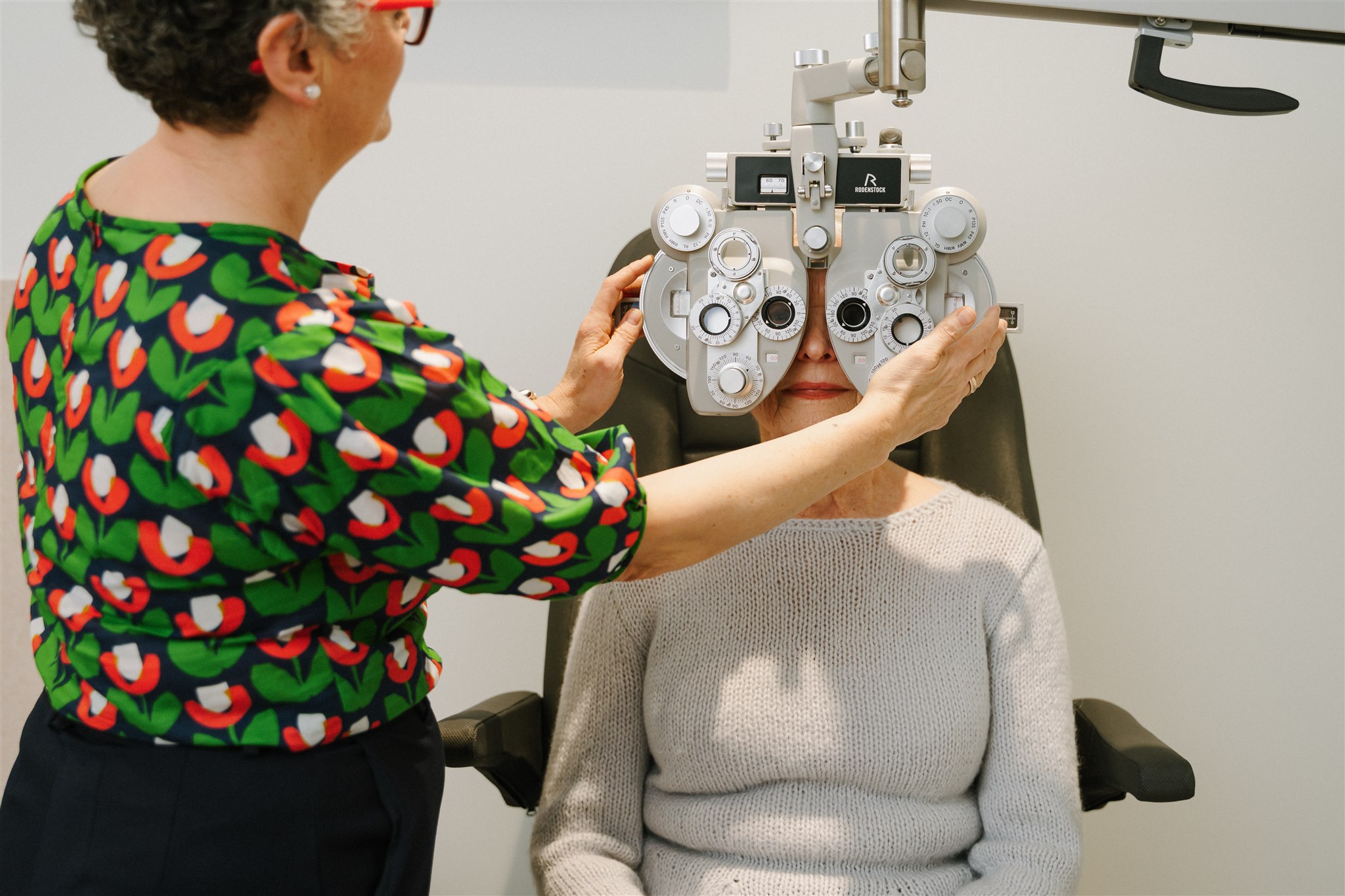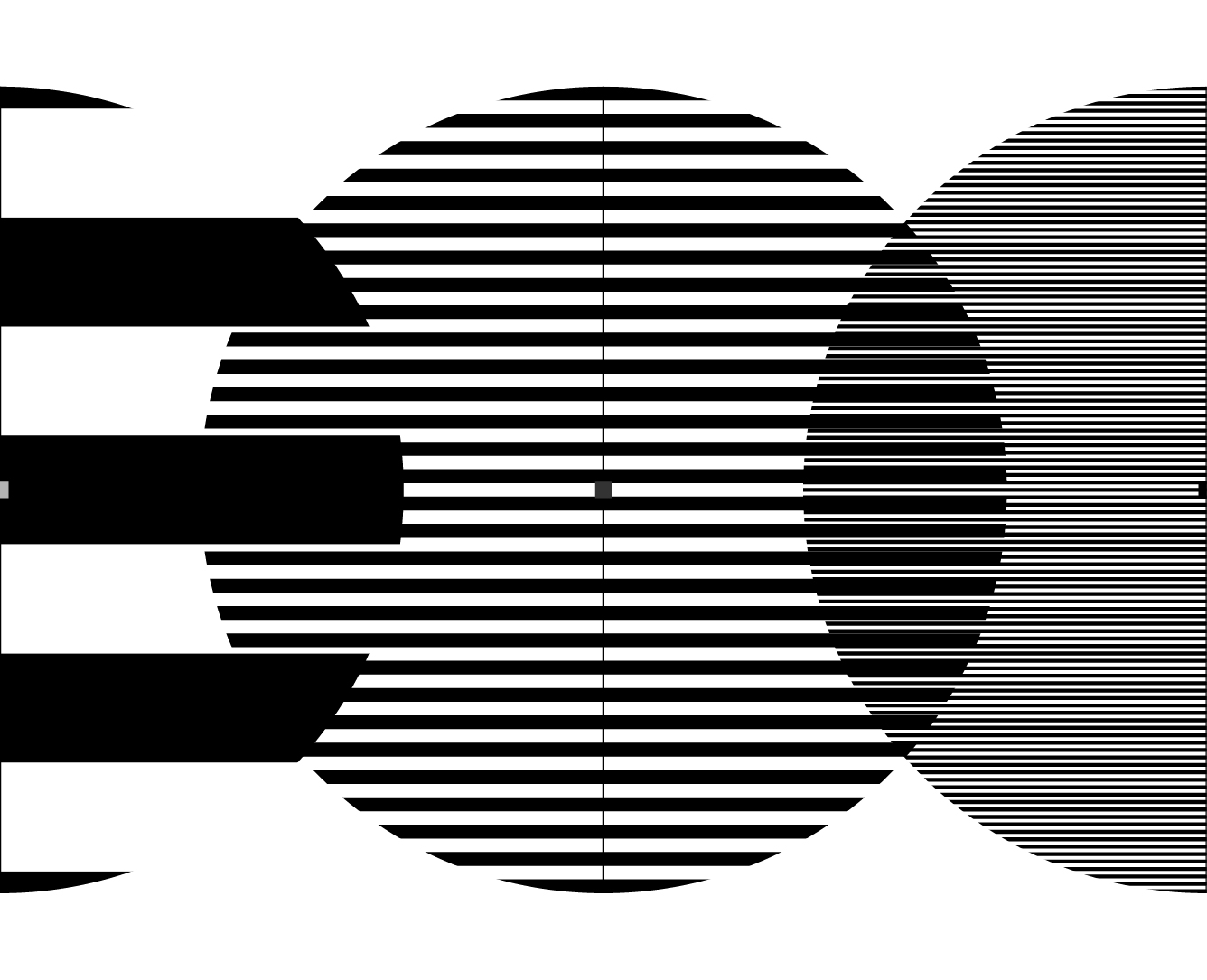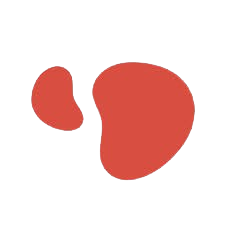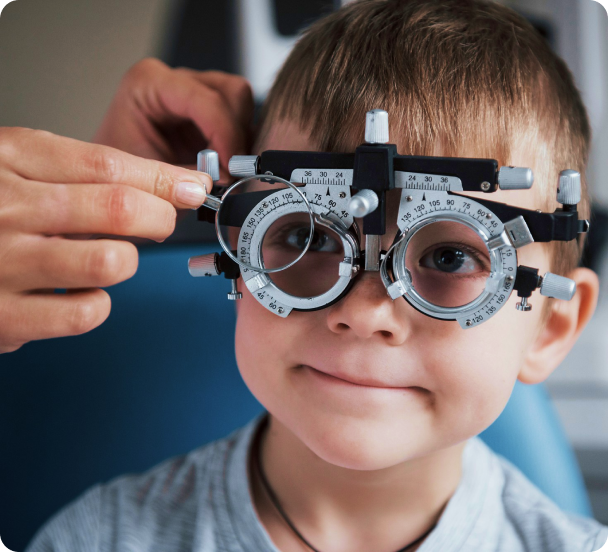
Behavioural Optometry for Growing Minds
Behavioural optometry focuses on how vision affects learning, development, and daily life, especially in children. It evaluates not only eyesight but also how eyes work together, process visual information, and support activities like reading and coordination.
Many children experience binocular vision disorders, such as eye teaming or focusing problems, which can lead to headaches, eyestrain, and learning difficulties. Through specialised assessments and vision therapy, behavioural optometrists help improve eye coordination, visual processing, and vision comfort.
Early diagnosis and treatment are essential to support children’s academic success, confidence, and overall well-being.
Who Can Benefit from Behavioural Optometry?
People of all ages can benefit, especially those who:
Struggle with reading or concentration
Experience headaches or eyestrain during visual tasks
Have suffered a concussion or other brain injury
Have crossed or lazy eyes (strabismus or amblyopia)
Want to improve sports performance or visual skills
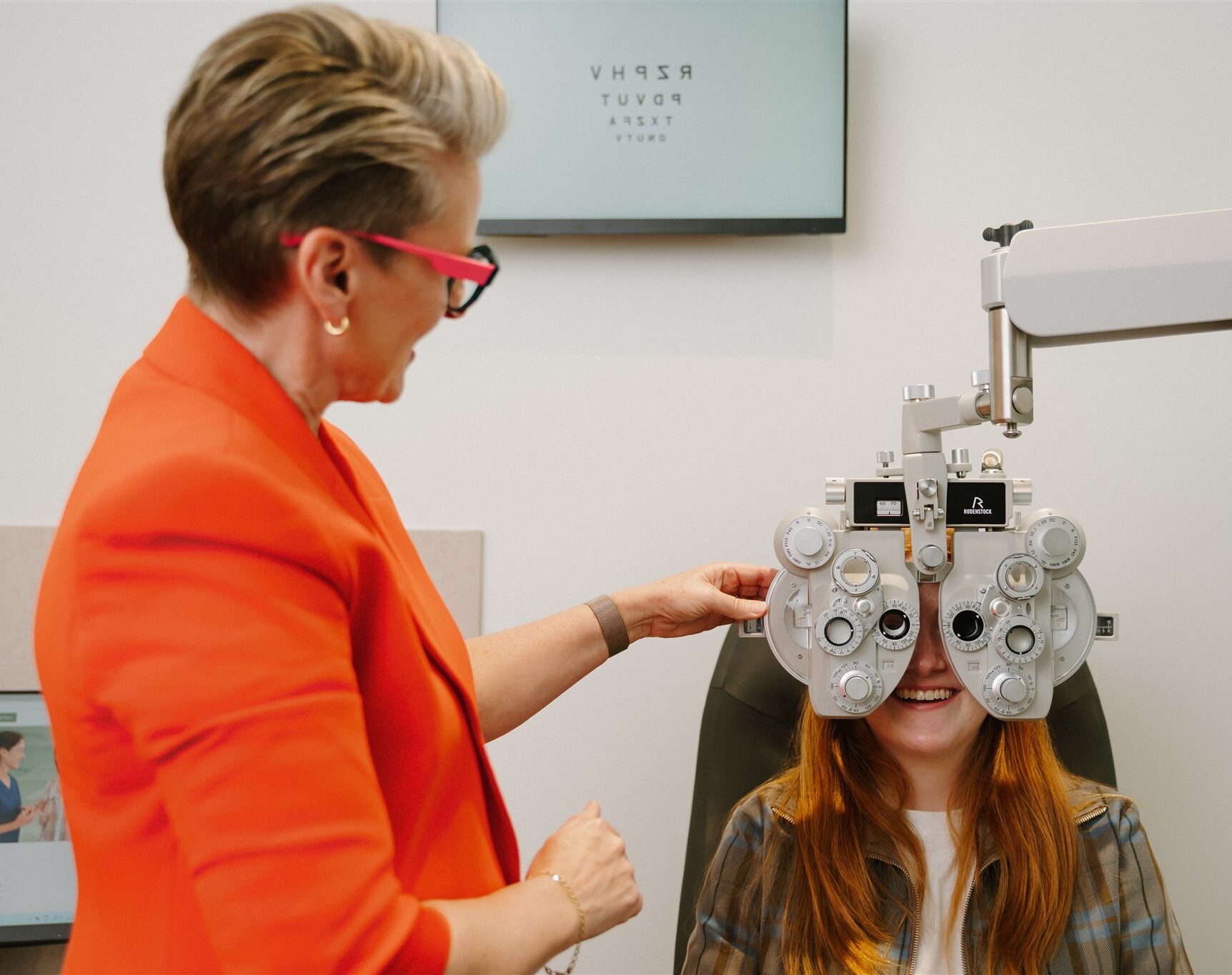
Your Eye Care in 3 Simple Steps
We will explain findings clearly, discuss treatment options, and ensure you’re informed and confident in every step of your eyecare journey.

Comprehensive Consultation
Begin with a thorough eye examination using advanced technology to assess vision and eye health, ensuring early detection of conditions and a deep understanding of your unique visual needs.

Clear Diagnosis and Plan
Receive a precise diagnosis and a tailored management plan. We will explain findings clearly, discuss treatment options, and ensure you’re informed and confident in every step of your eyecare journey.

Personalised Eyewear Consultation
Experience customised eyewear solutions based on your lifestyle, vision requirements, and ocular biometric data. Our expert team ensures comfort, style, and clarity with frames and lenses tailored just for you.
In-Depth Behavioural Optometry Services
Explore how vision impacts learning, focus, and daily life through tailored assessments

